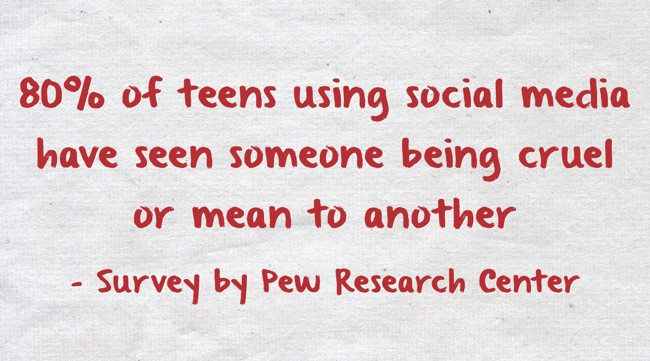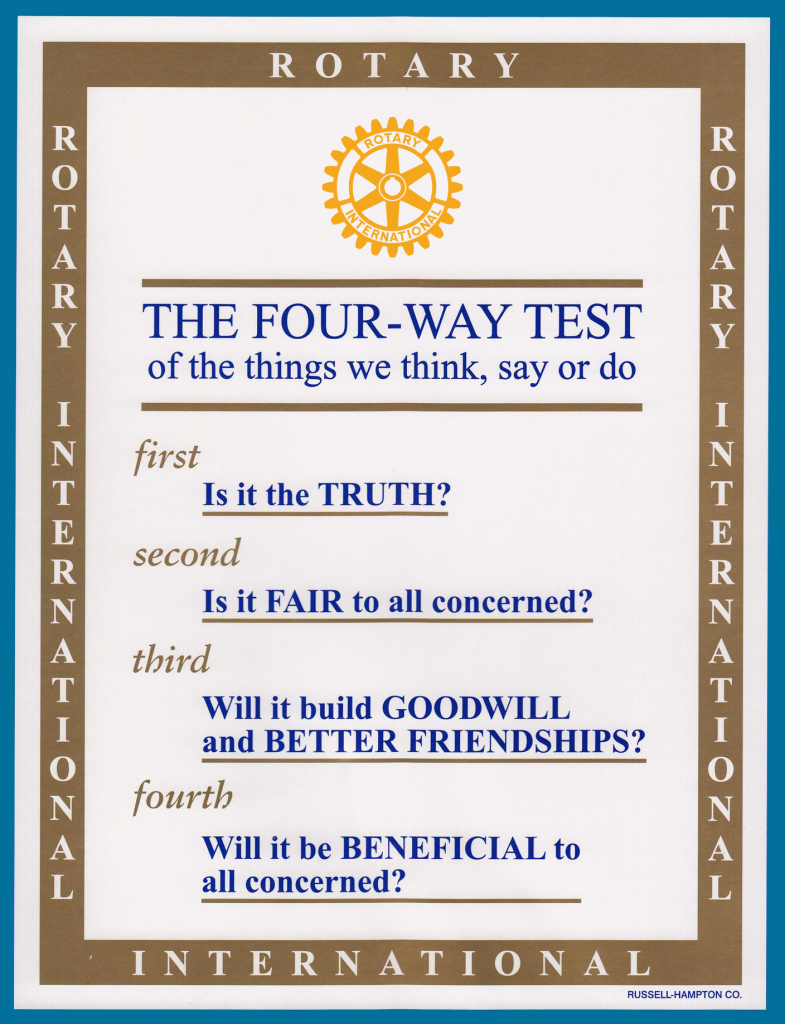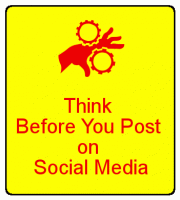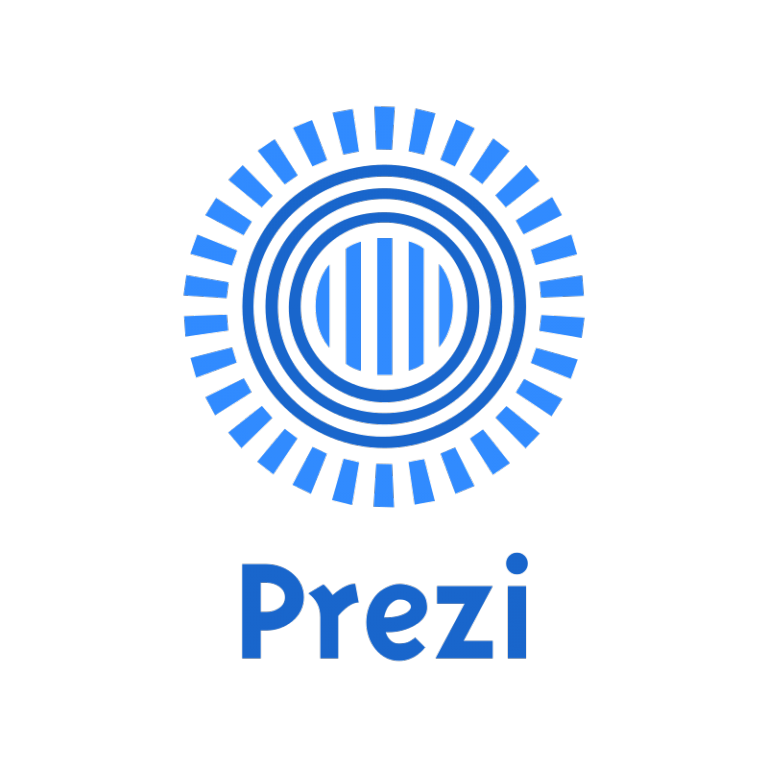The goal of this assignment is to share 3 most impressive character traits of exemplary digital citizenship (EDC) & share what makes each of these characteristics worthy of recognizing & emulating.
Please note that when possible, I have used gender neutral pronoun they instead of he or she.
Online Learning is no longer a novelty. In today’s classroom where flip learning, hybrid education and connected learning is a norm, a teacher must be prepared to guide their students in the intricacy of navigating the beauty and perils of digital education. First step of delving into the digital world is to know what it means to become an exemplary digital citizen (EDC). Let us briefly review characteristics of an EDC.
 Loading...
Loading...
A digital community is one where participants interact with each other online. A class blog, Google Doc, Social Media sites, email correspondence with a colleague and cross-continent collaboration using internet are some of the examples of digital communities. Each person who uses electronic media within a community is a digital citizen. By practicing digital citizenship, one can communicate, navigate, and prosper in the digital world. Dr. Mark Ribble identifies overarching characteristics of digital citizenship as respect, educate & communicate and protect. He further breaks down these characteristics into nine elements. For a digital community to thrive, its citizens must conduct themselves as good neighbors.

Just like in the real world, the virtual world has both exemplary citizens as well as online bullies, hecklers and hackers, identity thieves and others with malicious intent. A survey conducted by Pew Research Center shows that 80% of teens using social media have seen someone being cruel or mean to another. I visited edublogger, Common Sense Media and International Society for Technology in Education (ISTE) standards for teachers to get more information of digital citizenship. Based on these and other sites, I came up with these three characteristics for exemplary digital citizen..
EDC Exercises Kindness, Self-respect & Respect for Diversity.
EDC Has a Thirst for Knowledge & Sharing.
EDC Honors Laws, Rules & Norms.
Kindness and self-respect goes hand in hand. If each of us follow a 4-way test adopted by Rotarians, the community will become more harmonious; we will decrease instances of online bullying, gossiping and their aftereffects. Before posting, sharing or selling anything online we should ask the following four questions and proceed only if the answer is yes to all.

Image from http://orangevillerotary.ca/rotary-international/four-way-test/
A self-respecting individual will always strive to do best for self and others. They will make ethical decisions and will be transparent while interacting with others. Having a healthy self-respect will also help a person become more cognizant of other’s feelings, culture & beliefs. e.g. While working on a collaborative project, my Jewish colleague is not available on the weekend. Being an EDC, rather than getting upset for delaying the project, I will respect his belief in Sabbath and work around his availability. Similarly, when my child does not return a text message immediately while hanging out with friends, I will remember that they are having fun and does not mean any disrespect towards me. Obviously, I will check on them if I do not hear back within a reasonable amount of time to make sure they are okay. In current political climate, being cognizant is crucial to carry out the discourse and stop hatred from spreading.
Having a thirst for knowledge and the enthusiasm to share the knowledge is what makes me a Mom, an educator & life-long learner. I am also one of the people who reads the terms and conditions for an account before checking the “I accept” box. By knowing my rights and responsibilities, I can make sure that I do not tread on anyone’s toes and do not come to harm or harm others. Since technology is changing rapidly, continuing education and self-reflection are a must in the EDC’s toolbox. These tools will allow an EDC to keep abreast of technology and help out his students/family & self while facilitating knowledge sharing. Please take a moment to view the You tube video Students thoughts on Digital Rights & Responsibilities. The video was made by office the Children’s eSafety Commissioner in Australia
An EDC knows and abides by digital laws, rules and norms of the vast digital community. They knows that piracy issues and giving proper credit when due are equally true in both the digital and virtual worlds. While working online one needs to protect themselves as well as others. An EDC is protecting self, devices and community against hackers by taking steps such as not leaving computer open, having good passwords, installing and updating anti-virus programs on devices and reading the fine print before clicking “I accept”. Often people hide behind anonymity of the net to harass, heckle and harm others. While not engaging in every little skirmish, an EDC will stand up against wrongdoing(s) by reporting an unethical use, bullying and malware. An EDC will adhere to the Roatarian’s pledge and teach their students for check for legal aspect of social media posts. They will promote following message found in many of the classrooms.

T – Is it True?
H – Is it Helpful or Hurtful?
I – is it Illegal?
N – Is it Necessary?
K – Is it Kind?
I hope that you learned along with me while reading this post & reviewing my PowerPoint presentation. Feel free to use anything from the post/presentation. Just remember to be an exemplary digital citizen and give the proper credits. Happy learning & teaching.
References:
http://www.openteachertraining.org/
http://www.digitalcitizenship.net/Nine_Elements.html
http://www.pewinternet.org/2011/11/09/teens-kindness-and-cruelty-on-social-network-sites/
https://www.theedublogger.com/2017/01/20/copyright-fair-use-and-creative-commons/
https://www.commonsensemedia.org/cyberbullying/what-should-i-teach-my-kid-about-safe-online-behavior
http://www.iste.org/standards/standards/standards-for-teachers
https://www.youtube.com/watch?v=VHamPKNdI7o




